Have you attempted ketosis and encountered some issues along the way? Check out these quick fixes to get you back on track.
The keto diet is an ultra-low-carb plan that shifts the body into burning ketone bodies for fuel instead of glucose. The diet is regarded for its ability to promote fast weight loss, support a healthy brain, and manage serious conditions like epilepsy.
Keto isn’t just low-carb, it’s ultra high-fat, with the remaining macros divided between protein and carbs. To achieve this delicate balance, you’ll need to track your macros very carefully in order to find success.
Are you struggling with a Thyroid condition? We’ve created a FREE guide that shows you how you can heal your thyroid.
Click here to get your FREE copy of our Thyroid Guide!
Keto can have amazing benefits, but it isn’t for everyone. It’s important to first prioritize your health over your diet and ensure that your diet is working for you, and not against you.
7 Signs Your Keto Diet Needs Help
Even if you aren’t new to keto, it’s important to remember that keto isn’t a “set it and go” program. It needs to be managed and tweaked over time, especially if you’re not thriving.
The following seven side effects may indicate that your body needs a keto overhaul or even a switch to a different food plan.
1. You’re extremely tired or can’t shake the “keto flu”.

One of the side effects of keto is losing water weight, which sounds like a good thing. But, your body needs plenty of water to function well at a cellular level. If you’re chronically dehydrated on a keto diet, you’re going to be extremely tired because your cells are not functioning optimally.
The “keto flu,” commonly discussed in keto diet circles, tends to be the result of altered electrolyte imbalances. As your body clears the excess water, the electrolytes go too, even though they’re required for maintaining fluid balances in the cells. Symptoms of the keto flu include:
- Headaches
- Body aches
- Shaking and trembling
- Extreme fatigue or tiredness
- Feeling lightheaded or like you could pass out
- Constipation
Sodium, potassium, calcium, and magnesium are all required to help maintain proper electrolyte and fluid balances within the body. If you’re keto longer term, you may need to supplement with these nutrients to ensure that your levels don’t get off balance.
Most instances of keto flu will resolve in a few days. However, everyone’s experience with keto will be different, and some individuals simply thrive better with lower levels of carbs than others. If you’re facing extreme fatigue that is unrelenting, you simply may need more carbs in your food plan to meet your body’s needs.
Fix: Balance your electrolytes through supplements or food, or increase your carb ratios to help address fatigue.
2. You’re losing muscle, not fat.
Some people who don’t have much body fat may find that they’re losing muscle to remain in ketosis. (1)
If you’re in keto and losing too much weight, it’s time to change up your plan and increase your overall carb intake. You may not maintain your ketosis state, but it’s a healthier way to make sure you aren’t losing any weight you shouldn’t.
Fix: Add more carbohydrates to your daily plan, even if this means you don’t stay in ketosis.
3. You’re having cardiovascular problems.
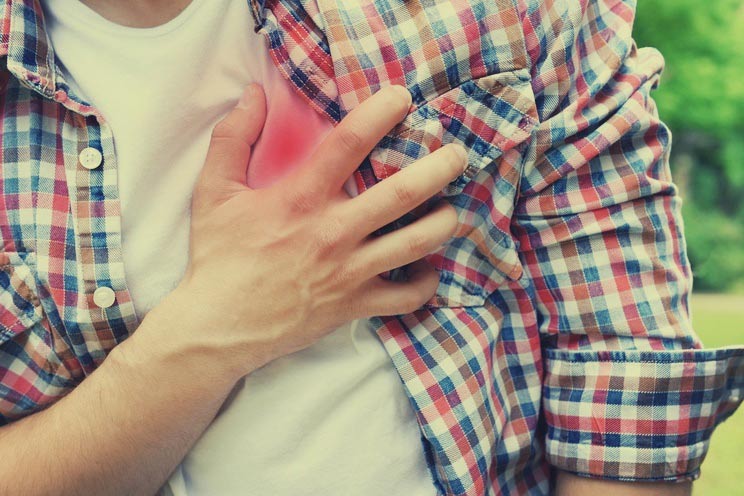
The heart is a muscle, and muscles rely on certain electrolyte nutrients, like magnesium, to stay “relaxed.” The heart and other muscles also rely on glycogen – the storage form of glucose – to bind to water molecules and keep fluid balances in check. When these fluids become imbalanced, damage to the heart can occur.
If you experience frequent heart palpitations, lightheadedness, shortness of breath or extreme fatigue after going keto, discontinue the plan immediately and ask your doctor to advise you on the best approach moving forward.
Fix: Stop your keto plan and see a qualified health practitioner to help to determine which cardiovascular-friendly diet is best for you.
4. You’re getting obsessive.
Eating disorders impact 30 million people and as many as 13 percent of women over the age of 50 have struggled with disordered eating in some form. (2, 3) The keto diet requires close tracking of macronutrients in order to achieve and maintain ketosis, and for people who are prone to obsession or disordered eating, keto may cause more harm than good.
Keto eaters can sometimes feel paralyzed about what food choices are right and may end up eating far fewer calories than they should. Additionally, the relentless tracking requirements are more intensive than simply counting calories, and diet fatigue can quickly set in.
If you’re feeling mentally taxed by your keto diet – or you’re beginning to obsess over it beyond what you should – it’s time to choose a plan that feels more intuitive.
Fix: Discontinue keto, or any diet plan that propels you into obsessive behaviors, and find a plan that doesn’t require so many rules. Seek professional nutritional guidance if needed.
5. You have thyroid problems.

While there’s an exception to every rule, in general, ultra-low-carb diets like keto are not good for hypothyroidism or Hashimoto’s thyroiditis. This is because the thyroid relies on glucose to synthesize hormones, and when carbs are severely restricted, so is the body’s access to glucose. (4) When glucose is low, restricted, or nonexistent, this production and conversion can slow down dramatically, leaving the body sluggish, fatigued, and still struggling to lose weight. (5)
Fix: Opt for a Paleo diet instead of a keto diet. Cutting gluten, dairy, soy, and processed foods out of your diet is optimal for thyroid health – just be sure to get enough healthy carbs to ensure that thyroid hormone production remains on track.
6. You’re not losing weight.
Research shows that a long-term ketogenic diet can be beneficial for weight loss and can even boost HDL cholesterol and lower triglycerides. (6) So what happens if you’re on keto but not losing weight?
It may be as simple as dehydration, or as complicated as an underlying thyroid issue. It’s also possible that you’re eating too many high-fat foods. Even though saturated fat isn’t linked with heart disease anymore, excessive food intake can still lead to an inability to lose weight or even weight gain.
Fix: Stay hydrated, and either adjust your macros or food intake or consider switching to a different food plan, like Paleo.
7. You have liver or kidney issues.
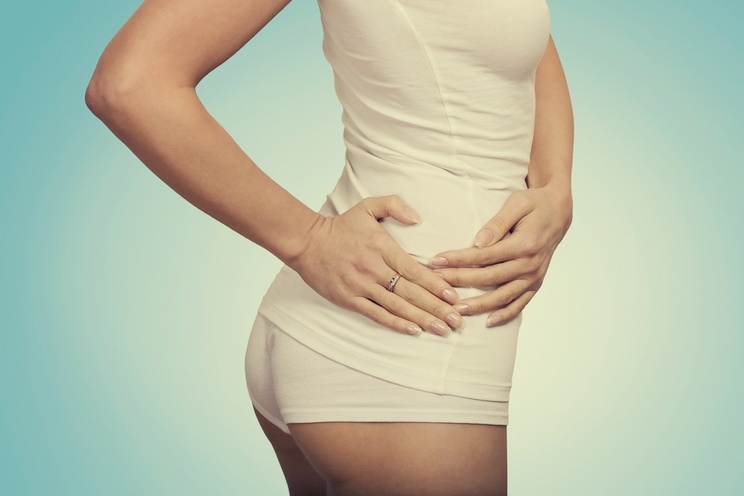
The liver and kidneys are responsible for ridding the body of toxins and to do this they require plenty of water. The liver is also involved in digestion, and the sudden influx of high-fat and high-protein foods can overwhelm the digestive system or lead to a backlog in the intestines.
Additionally, a keto diet can increase a person’s risk for kidney stones if they have existing kidney problems or a history of kidney stones. (7) This is partially due to the propensity for dehydration but also the body’s ability to break down and fully digest higher levels of protein. For some, it’s just not optimal.
Fix: Adjust your food plan to include more vegetables and fruits. Switch to a low-carb or moderate-carb plan, based on your particular digestive and detox needs.
5 Reasons Why You Can’t Get into Ketosis
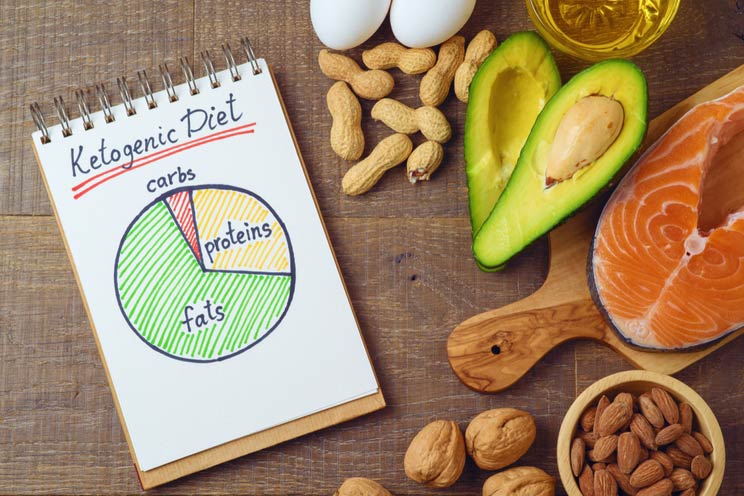
Some people can get into ketosis within a few days of starting the keto diet while others can still struggle after weeks of testing and tweaking their diet. So what gives?
Before you consider the reasons below, be sure that you’re regularly testing your urine for ketones, as this is essential to understand your baseline level.
If you’re regularly testing for ketones and are still not having success, consider one of these five common reasons you’re not able to get into ketosis.
1. You’re eating too much.
Even though keto isn’t about counting calories, if you overeat carbs or protein, both will end up converted to glucose. The enemy of ketosis is glucose, so you want to ensure that you’re not eating too many of these macros. The ratios will be different for everyone based on sex, age, activity level, and foods eaten, so this may take a bit of detective work to determine your ideal intake.
2. You’re eating too little fat.
Ketosis isn’t just about cutting carbs; it’s also about eating mostly fat. Your fat intake needs to far outpace your protein intake and should count for most of your macro intake in general. If you’re not starting with a 50 percent fat intake, try increasing your fat.
You also need to make sure you’re eating the right kinds of fat: vegetable oils or processed fats won’t get the job done, so you’re best focusing on meat, seafood, and eggs, with minor amounts coming from nuts.
3. You’re eating too many carbs.
Carbs come in all shapes and sizes, and while almond flour is low-carb, it’s high enough in carbs to prevent ketosis for some. Tracking all of your food intake and determining what macros you need to achieve ketosis is essential. After you’re a seasoned pro at the keto diet and know what it takes to get you and keep you in ketosis, you’ll be able to relax your tracking efforts. But at the beginning, you’re going to need to vigorously track your macros, and you may need to reduce your carbs significantly.
4. You’re overdoing it on the protein.
Excess protein gets converted to glucose, which then gets stored as fat. If your macros are too high on protein, you’ll be unable to achieve ketosis. That’s why keto isn’t just low-carb, it’s low-protein as well.
5. The keto diet isn’t right for you.
Just because the keto diet can produce amazing results for some, doesn’t mean it will do this for everyone. If you’ve attempted keto and can’t seem to get your body in ketosis, it could mean that it’s not a natural state for you. Many conditions don’t respond well to keto, and it’s important to check with a nutritional professional to ensure that the keto diet is best for you before you continue to try to shift your body over to a ketogenic diet.
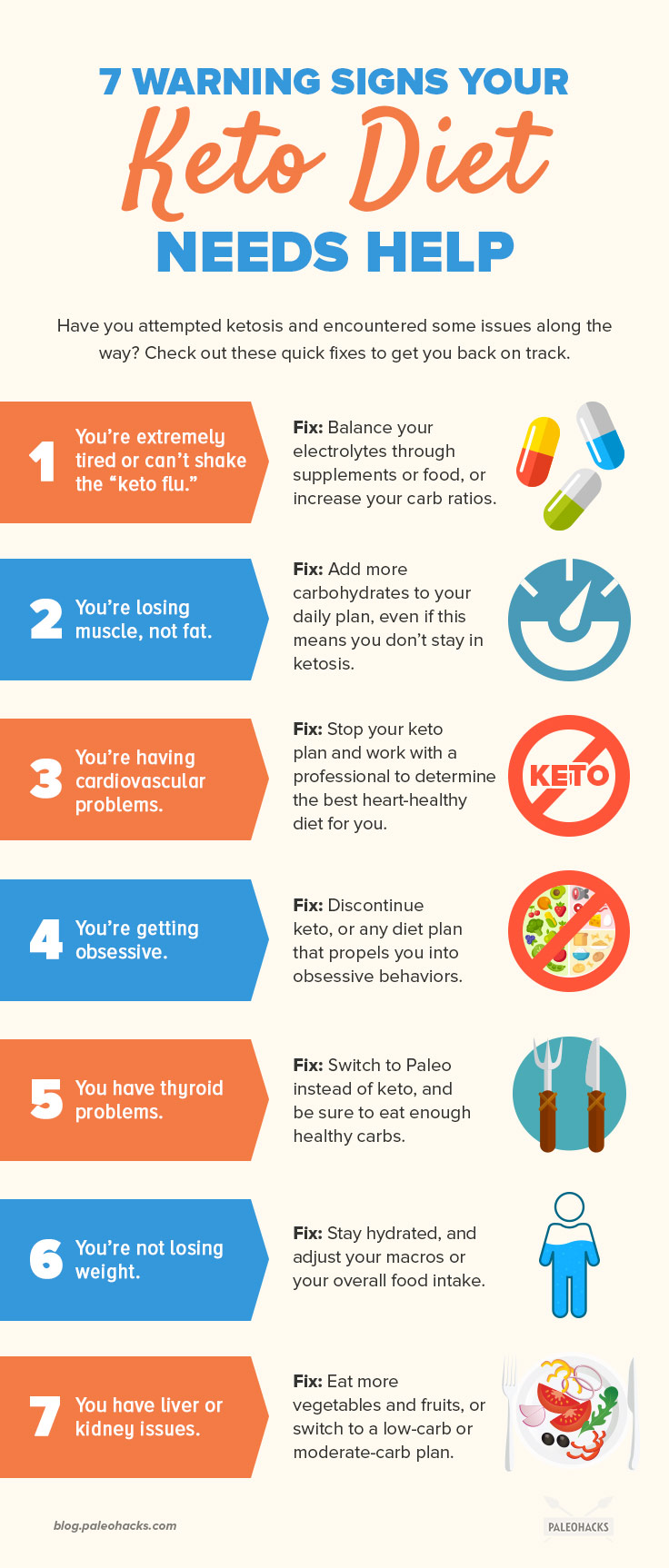
(Read This Next: The 24 Best Low-Carb Fruits for Keto


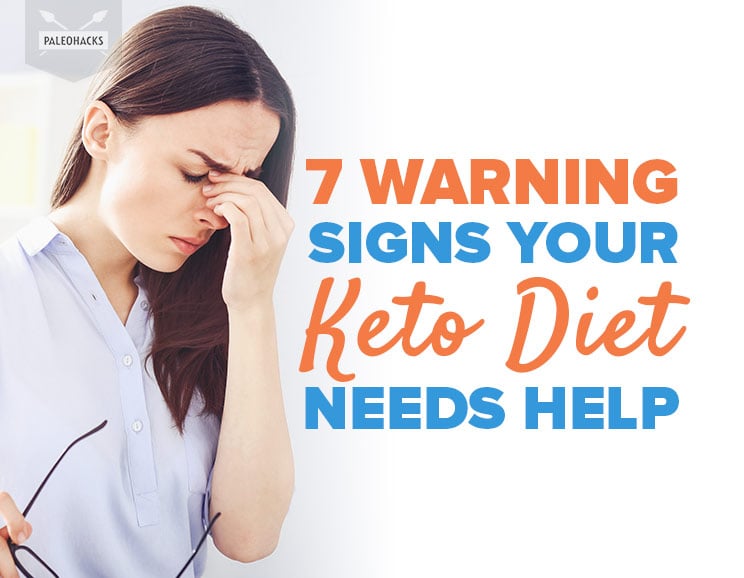
 The Couch Workout You Can Do During Commercial Breaks
The Couch Workout You Can Do During Commercial Breaks
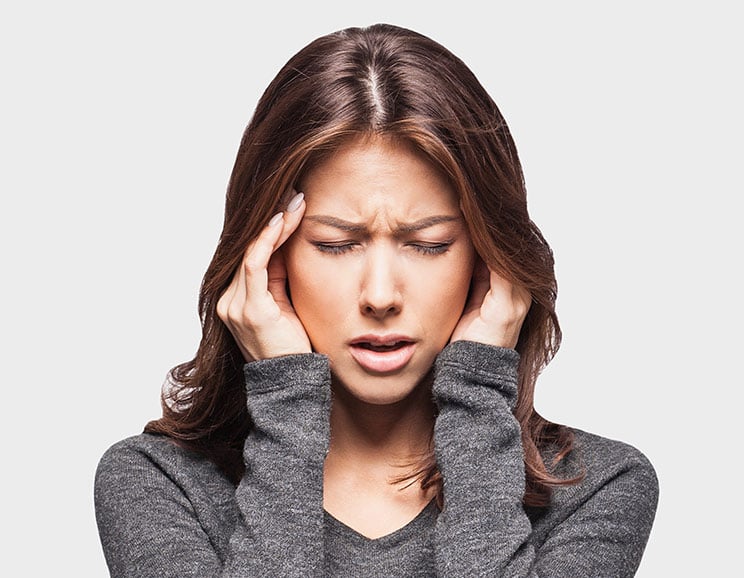
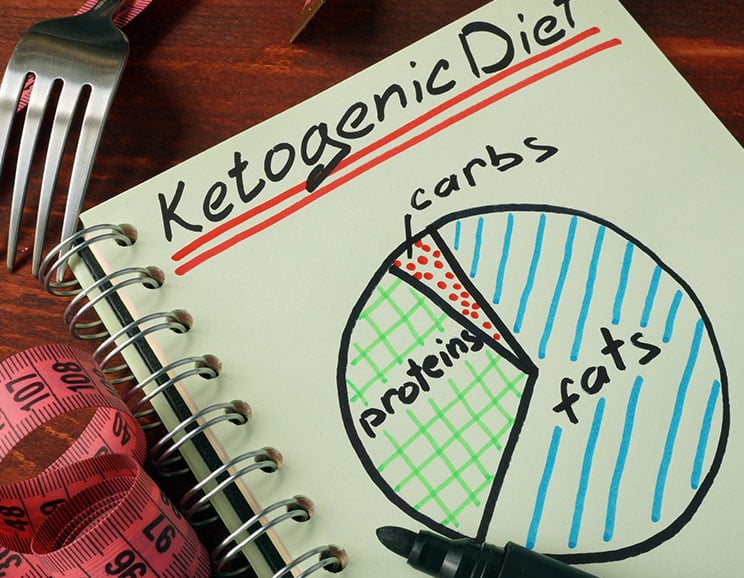
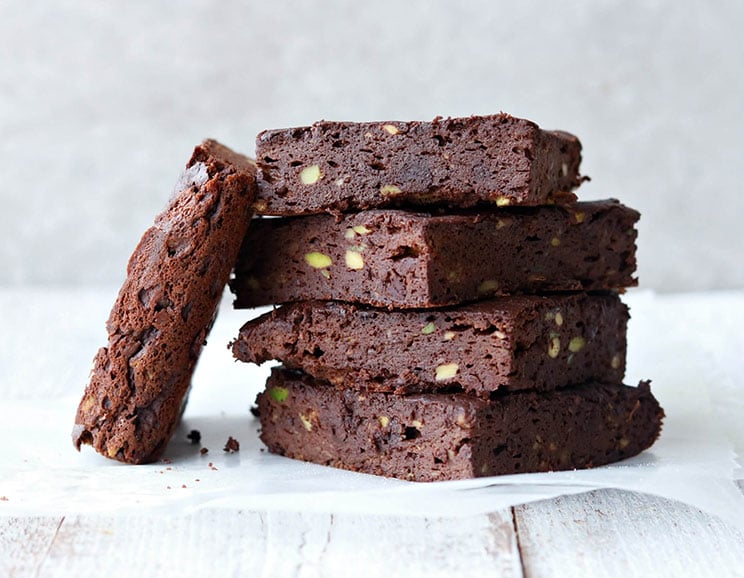

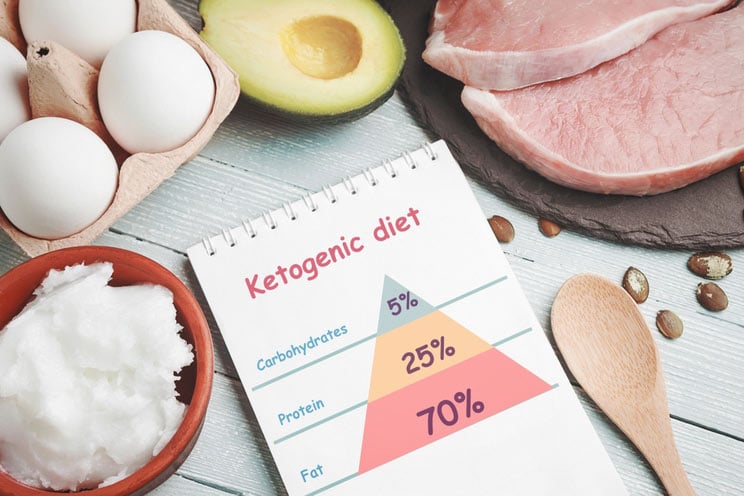
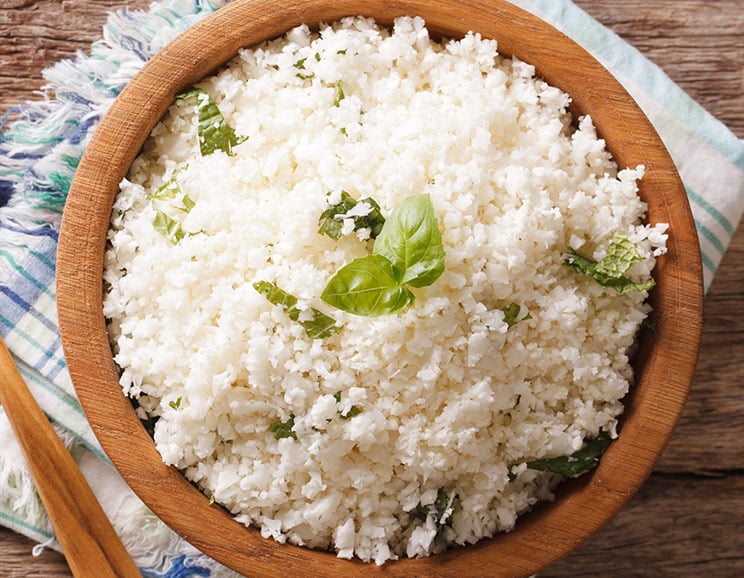

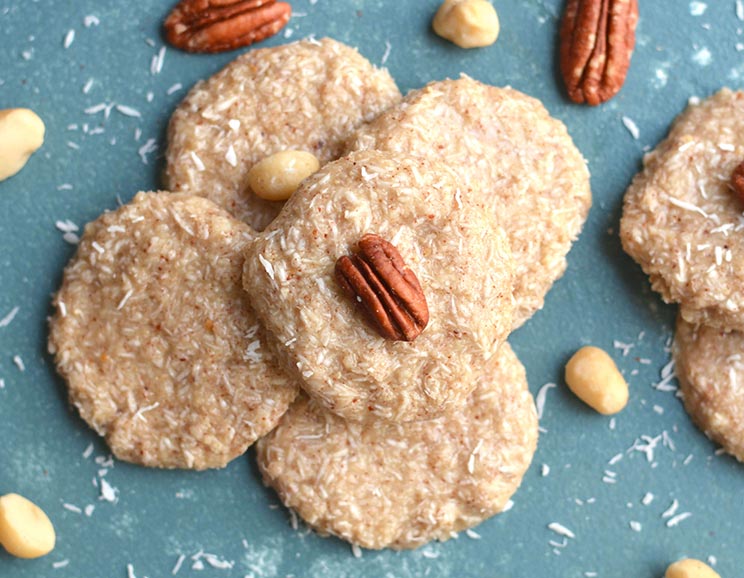
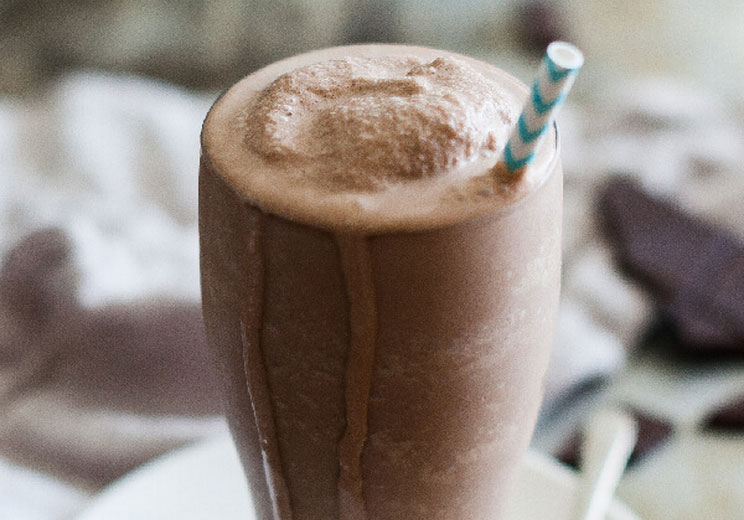
Show Comments